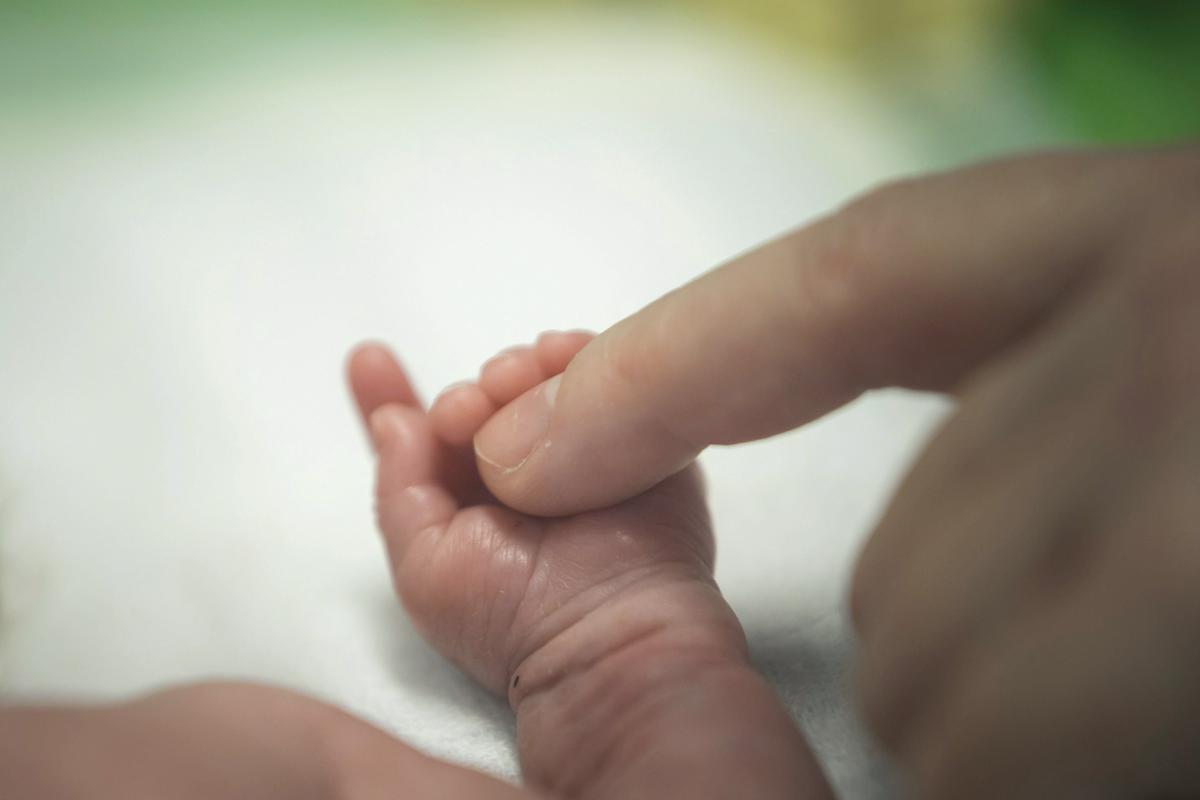
Early detection of rare diseases can prevent death or serious permanent damage in newborn babies. Doctors expect to discover 20 to 25 new cases of these diseases each year.
The Laboratory for Screening of Newborns at the Paediatric Clinic is equipped with state-of-the-art devices for the detection of rare diseases, diseases that are detected only through testing. The lab only needs a few drops of the newborn's blood, which is drawn on the third day after birth at the maternity ward.
"From the dried blood stain, the laboratory cuts out a blood smear of a precise diameter. Smears are then placed in special microtiter plates and prepared for analysis," explains Barbka Repič Lampret, Head of the Laboratory for Metabolic Disease and Neonatal Screening
In this laboratory, samples from all Slovenian maternity hospitals will be tested. The analysis of one sample takes only two minutes, and if the device detects irregularities in the sample, it turns red. Further investigations are then carried out to determine whether it is indeed a rare disease.
An additional step would be the introduction of genetic testing, which the lab would like to implement this year, so newborns could be tested for 50 rare diseases.

































































